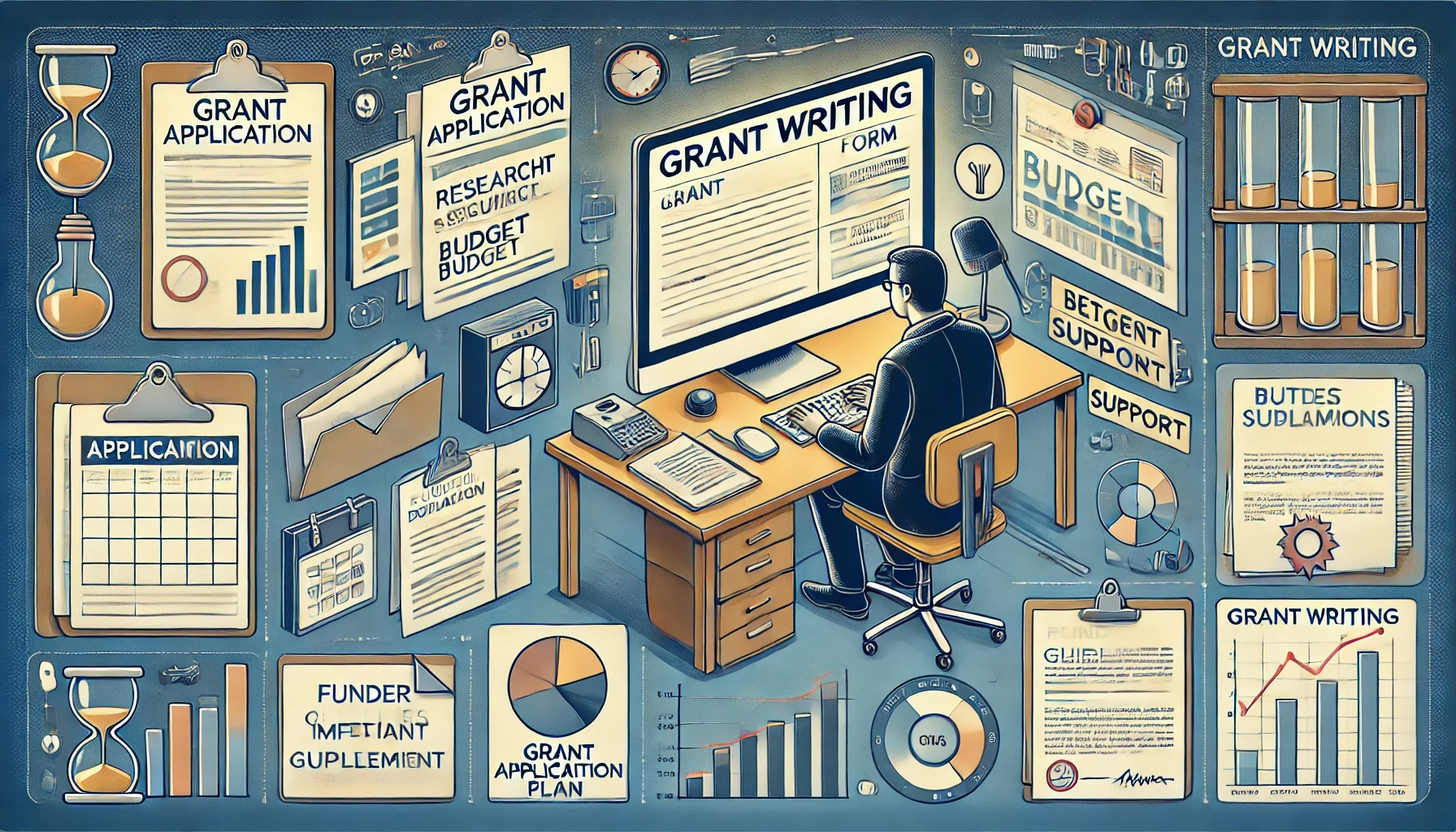Writing a successful grant proposal is one method to turn your ideas become reality. If you want to get funds for a community project, an academic study, or a charitable endeavor, you must write a compelling grant proposal. Here are some professional tips to remember while you draft your grant request to increase your chances of winning funding.
Find out what the funder values most.
Before you begin writing, do your research on the financing organization. Familiarize yourself with their goals, purpose, and financial considerations. Show them how your idea will assist them reach their goals, and ensure that your proposal reflects their interests.
Stick to the rules.
Each grant comes with its own set of criteria and procedures. Make sure you read the directions carefully and follow them exactly. Your application may be rejected if a required document is missing or the word limit is exceeded. Make careful to meet all deadlines and use the format that the funder desires.
Create an exciting and easy-to-read story.
Your grant application should include a compelling narrative about your project. Outline the problem you’re attempting to tackle, the measures you’ll take to implement your solution, and the benefits you hope to achieve. Speak plainly and concisely, without using jargon. Ensure that your story is well-structured and flows smoothly.
Make your goals and expectations very clear.
Donors are interested in knowing about your specific aims. Get to the point and specify exactly what you want to achieve. Outline the criteria you’ll use to evaluate project performance and how they connect to the funder’s goals.
Develop a comprehensive spending plan.
A detailed and practical budget must be submitted in a grant application before it can be evaluated. You should separate your budget into categories such as travel, supplies, equipment, and personnel. Provide an explanation for each expense and ensure that it contributes to the project’s objectives. Explain in fully how you plan to use the money.
Let People Know How Reliable Your Company Is.
Investors must believe in your group’s ability to complete the project as planned. Emphasize your organization’s experience, knowledge, and results. Describe your team’s experience and skills, as well as any successes they have had on similar projects.
Provide proof and statistics.
Provide facts and evidence to support your suggestion. Cite relevant facts, studies, and case studies to demonstrate the need for your project and the effectiveness of your solution. Your argument and the funder’s trust are both supported by trustworthy evidence.
Continue to provide supporting letters as needed.
Endorsements from powerful community members, business associates, or other interested people can help your proposal get traction. These letters should express their support for your program and discuss its positive influence on the community or sector. Make sure your letters are relevant and to the point.
Review and revise.
If your plan has errors or contradicts itself, its credibility suffers. Make sure your application is proofread extensively, and consider seeking a second view. Look for parts that are unclear, typos, or grammatical errors. Your effort and focus will be evident in a well-crafted proposal.
Request opinions.
Before submitting your project, seek help from mentors, coworkers, or grant writing specialists. If you want to discover where your application is failing, solicit constructive feedback. Use the feedback to improve your proposal.
Long-term Strategy.
Donors desire to support initiatives that can continue to operate even after a financing period has ended. Outline the activities you plan to take to ensure the project’s impact continues in the future. This area includes strategies for acquiring additional funds, developing strategic relationships, and incorporating the project into other projects.
Keep at it.
Grant writing is fraught with competition and rejection. If your idea does not receive funding the first time around, do not give up. Continue to improve your strategy by learning from your mistakes and, if feasible, seeking the funder’s feedback. Perseverance and a commitment to continuous improvement are required for grant writing success.
Learning how to draft a grant can significantly increase your chances of receiving funding for excellent projects. To prepare a good grant proposal, you must investigate the funder’s interests, follow their guidelines, create an appealing story, and include a detailed budget. Your proposal will be even better if you emphasize your organization’s credibility, provide evidence and facts, and plan for sustainability. Continue to try new things and improve your strategy based on what you learn from each setback to increase your chances of success.
Tags: grant writing tips, grants